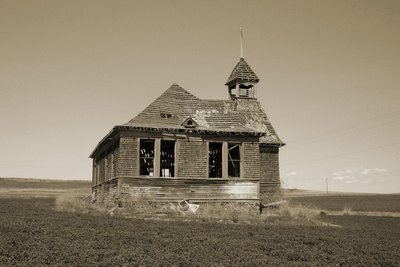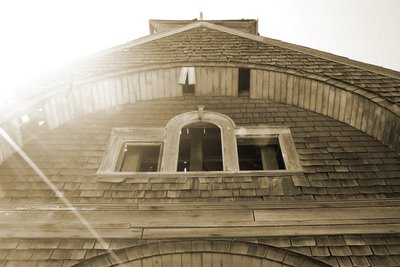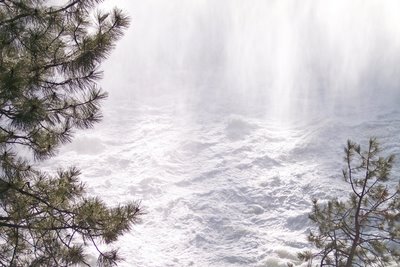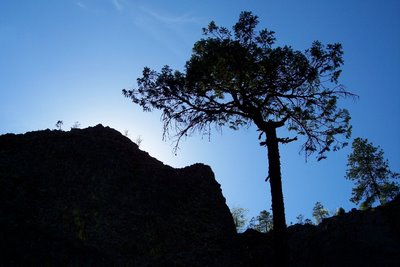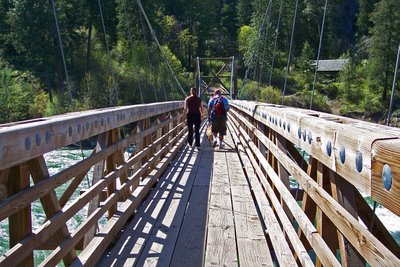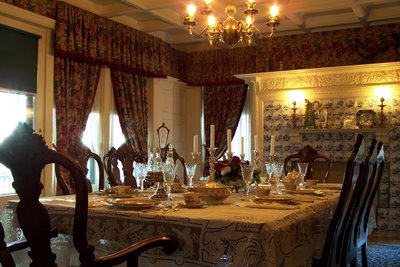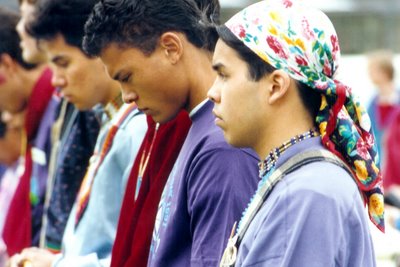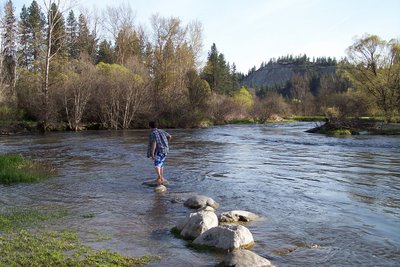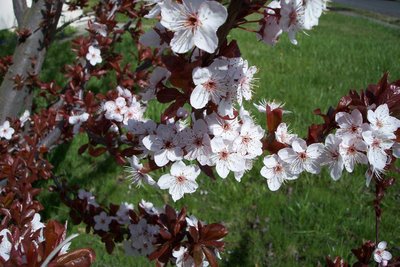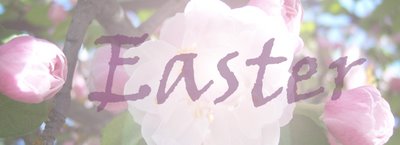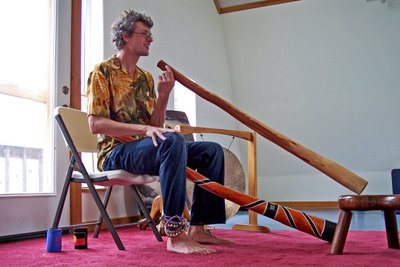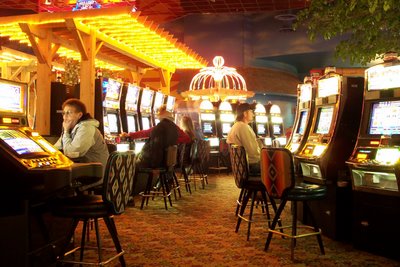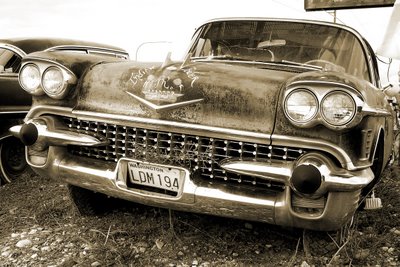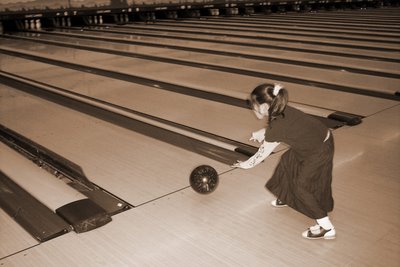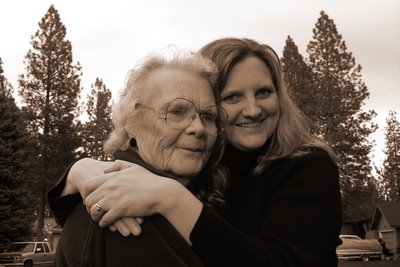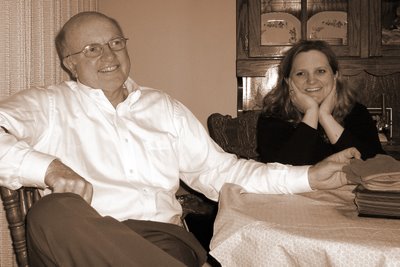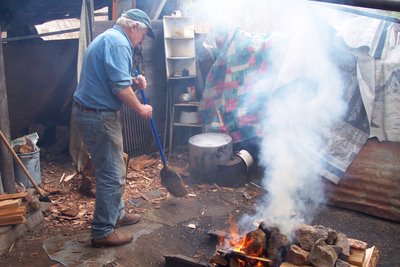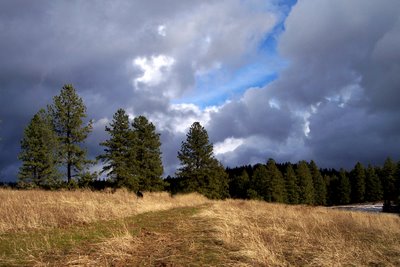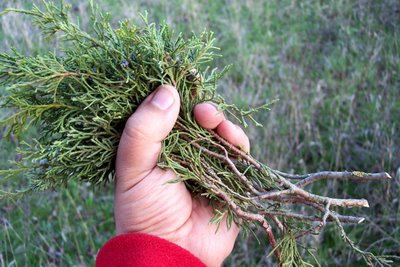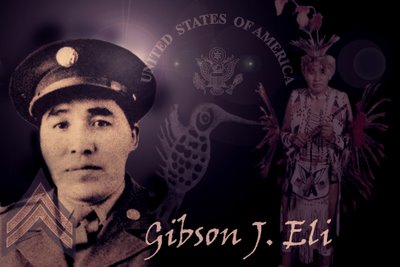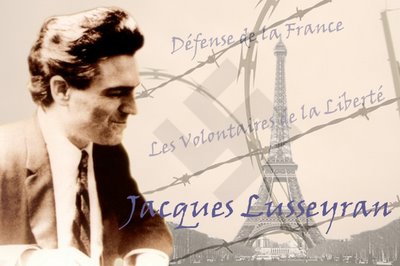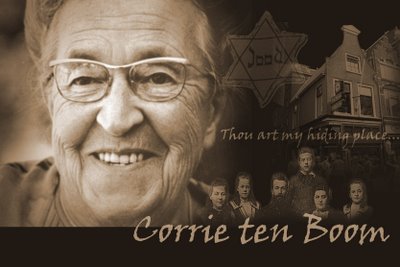
Another powerful book review...
My wife and I have a tradition of reading out loud before we sleep at night. Most recently we read the "The Hiding Place," the true story of Corrie ten Boom in her autobiographical account of survival during the Nazi occupation of her native Holland in World War II.
Corrie ten Boom came from a deeply religious family of Christian watchmakers in old Haarlem of Holland. After the Germans invaded, her faith moved her to risk everything to offer shelter and protection to those in need, especially Jews. She became a leader in the underground movement, but suffered betrayal, arrest, and imprisonment. She was eventually sentenced with her sister Betsie to the concentration camp at Ravensbrück and experienced unimaginable horrors. Yet through it all, she maintained an abiding faith in Jesus.
The power of her story does not come from the historical account of her suffering, but rather from the penetrating force of forgiveness and trust in God.
She miraculously smuggled a Bible into the camp and held worship services among her fellow prisoners. During the height of her misery she read:
'Who shall separate us from the love of Christ? Shall tribulation, or distress, or persecution, or famine, or nakedness, or peril, or sword?...Nay, in all these things we are more than conquerors through him that loved us,' (Romans 8:35-37).
She then commented regarding her reading of these verses: "I would look about us as Betsie read, watching the light leap from face to face. More than conquerors...It was not a wish. It was a fact. We knew it, we experienced it minute by minute - poor, hated, hungry. We are more than conquerors, not 'we shall be.' We are! Life at Ravensbrück took place on two separate levels, mutually impossible. One, the observable, external life, grew every day more horrible. The other, the life we lived with God, grew daily better, truth upon truth, glory upon glory."
Later, as her sister lay at the point of death, Betsie said, "...we must tell people what we have learned here (at Ravensbrück). We must tell them that there is no pit so deep that He is not deeper still. They will listen to us, Corrie, because we have been here."
Gladly, Corrie ten Boom survived the war and became a voice of forgiveness and healing. She even had opportunity to forgive one of her tormentors face to face. The power of her testimony comes from the fact that she had every reason to hate, and yet she chose love instead.
Usually we only read one or two chapters, but as we reached the end of her story, we read late into the night. Finally we finished after 2:30 in the morning, and when I placed the book on my night stand, I wept for a quarter of an hour or more. I mean, I literally bawled like a baby. I can't remember the last time a book had this kind of effect on me. Nothing in my life compares to the level of suffering and depravity Corrie ten Boom had to endure, and yet I have felt the temptation to hate and curse God in my pain. Her testimony and wisdom leave no room for unforgiveness ever again.
I leave you with the Bible verse that inspired the title to her book:
Thou art my hiding place; thou shalt preserve me from trouble; thou shalt compass me about with songs of deliverance (Psalm 32:7).


